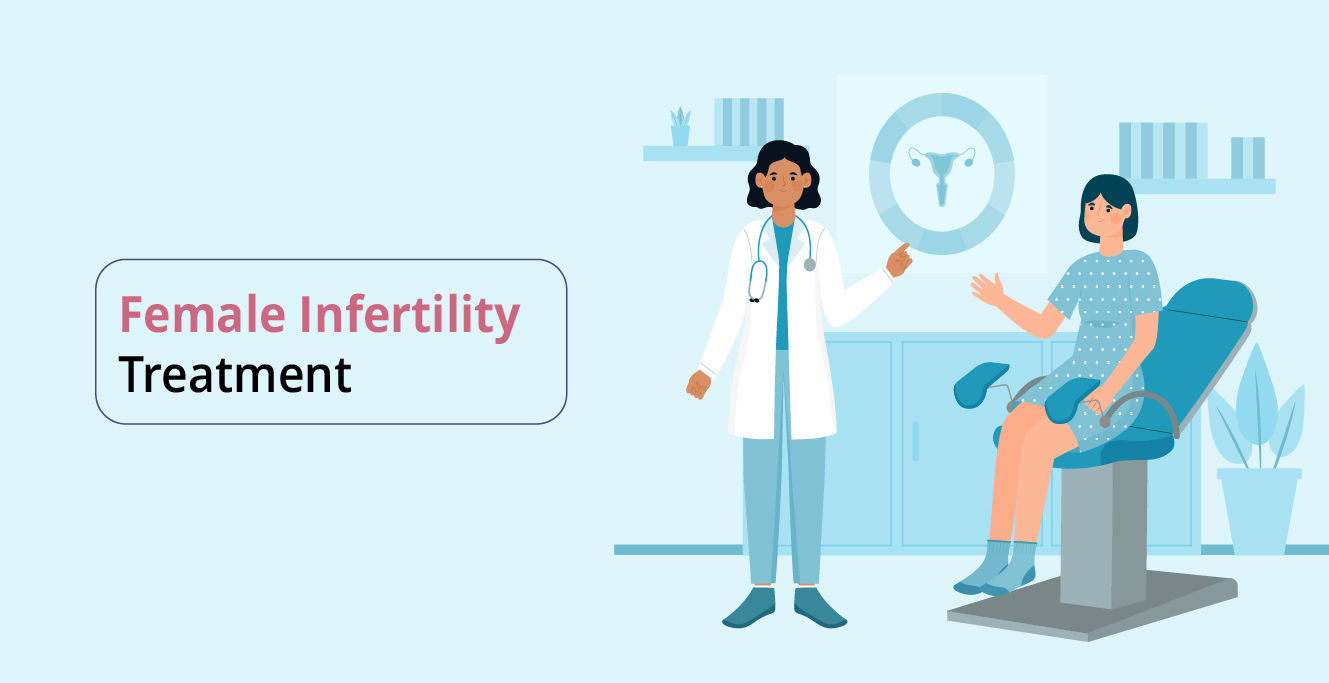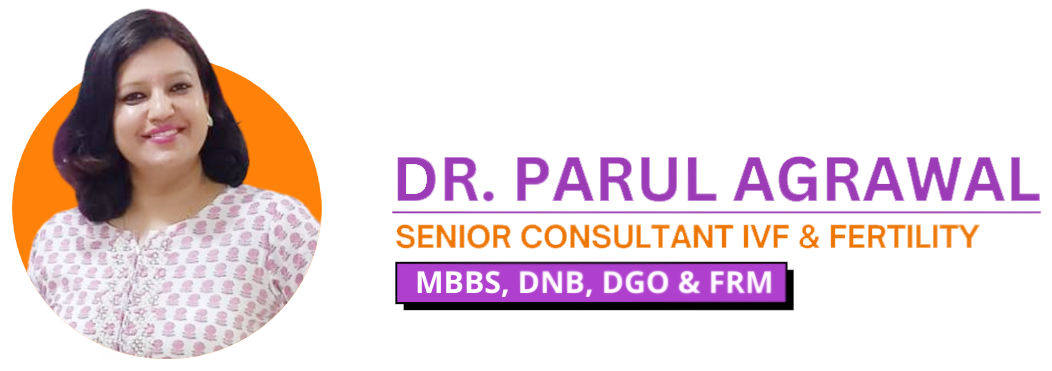Female Infertility Treatment: What are the Options? Dr. Parul Agrawal Cloudnine hospital Noida

When it comes to female infertility treatment, there are several options depending on the underlying cause of infertility. Dr. Parul Agrawal, a specialist at Cloudnine Hospital in Noida, would likely be well-versed in many of these methods, which include both medical and assisted reproductive technologies. Here are some common options for female infertility treatment:
1. Medications
- Clomiphene Citrate (Clomid): A common drug prescribed to stimulate ovulation in women who do not ovulate regularly.
- Letrozole: An alternative to Clomid, often used for women with conditions like polycystic ovary syndrome (PCOS).
- Gonadotropins: These are injectable hormones used to stimulate the ovaries to produce eggs, typically used for women who don’t respond to oral medications.
- Metformin: For women with insulin resistance or PCOS, this medication can help regulate menstrual cycles and improve ovulation.
2. Intrauterine Insemination (IUI)
This procedure involves placing sperm directly into the uterus around the time of ovulation to increase the chances of fertilization. It’s often combined with ovulation-stimulating medications.
3. In Vitro Fertilization (IVF)
IVF is a more advanced procedure where eggs are retrieved from the ovaries, fertilized in a lab with sperm, and then the resulting embryos are transferred into the uterus. IVF is often used when other treatments have not been successful or when there are issues like blocked fallopian tubes or severe male infertility.
4. Egg or Embryo Donation
For women who are unable to produce viable eggs due to age, genetic conditions, or other reasons, egg donation can be an option. Embryo donation involves using embryos that have been created by another couple.
5. Surgical Interventions
- Laparoscopy: A minimally invasive surgery used to treat conditions like endometriosis or to remove cysts and adhesions.
- Hysteroscopy: Used to diagnose and treat conditions within the uterus such as fibroids, polyps, or septums that may affect fertility.
6. Sperm Donation
In cases where male infertility is a factor, sperm donation can be an option. The donor sperm is inseminated through IUI or used for IVF.
7. Surrogacy
If a woman is unable to carry a pregnancy due to health issues or other reasons, surrogacy may be an option. This involves another woman carrying the pregnancy using either the couple's egg and sperm or donor egg and sperm.
8. Lifestyle Modifications and Supportive Treatments
- Dietary and Lifestyle Changes: Maintaining a healthy weight, reducing stress, avoiding smoking and excessive alcohol consumption, and improving overall health can support fertility.
- Acupuncture: Some women find acupuncture helpful as a complementary treatment to assist with ovulation and improve blood flow to the reproductive organs.
9. Genetic Counseling
If there are genetic concerns related to infertility, a genetic counselor might be involved to assess the risks of passing on certain conditions.
Each treatment plan will depend on the individual’s diagnosis, age, and health conditions. Dr. Parul Agrawal, being part of a well-regarded hospital like Cloudnine, would typically tailor a treatment plan based on a thorough evaluation of your medical history, test results, and fertility goals.
Would you like more detailed information on any of these treatments, or do you have specific concerns about infertility?
